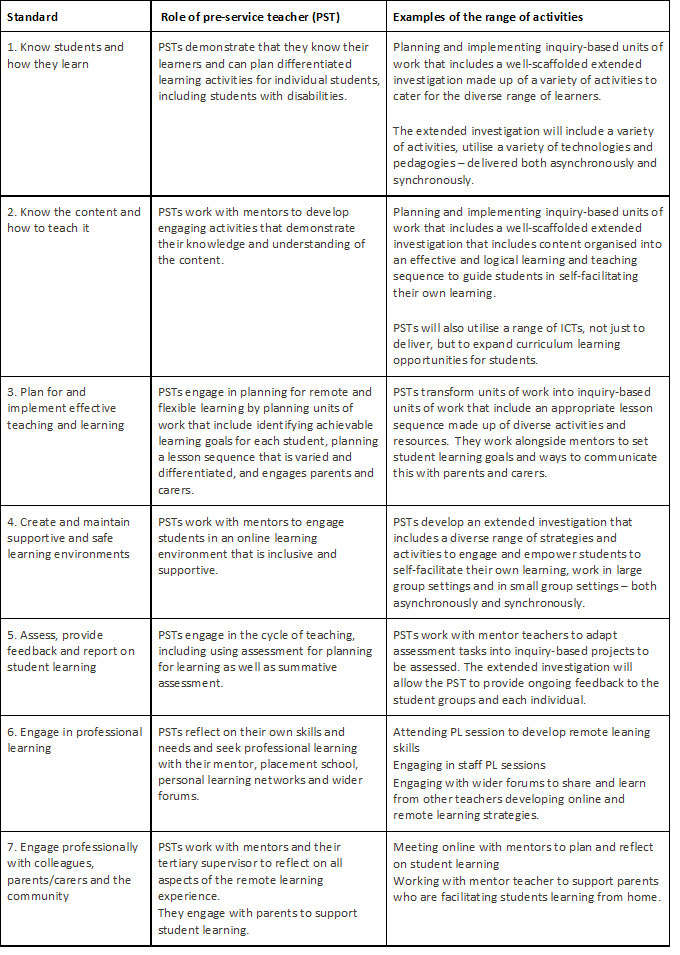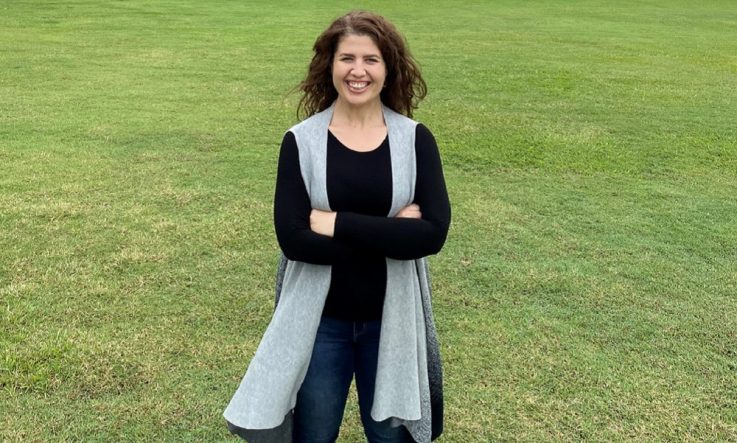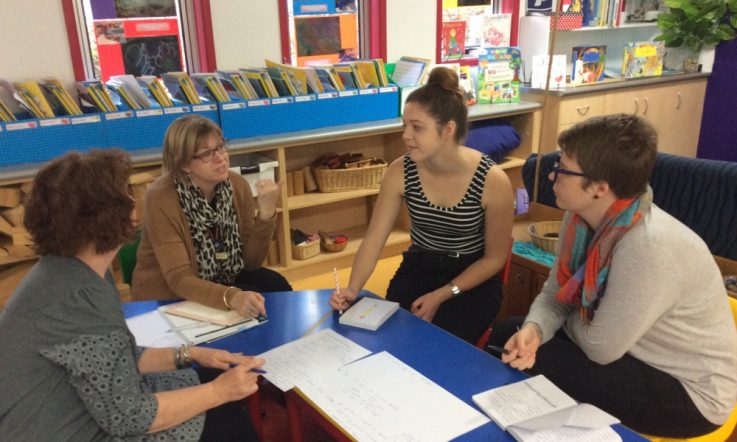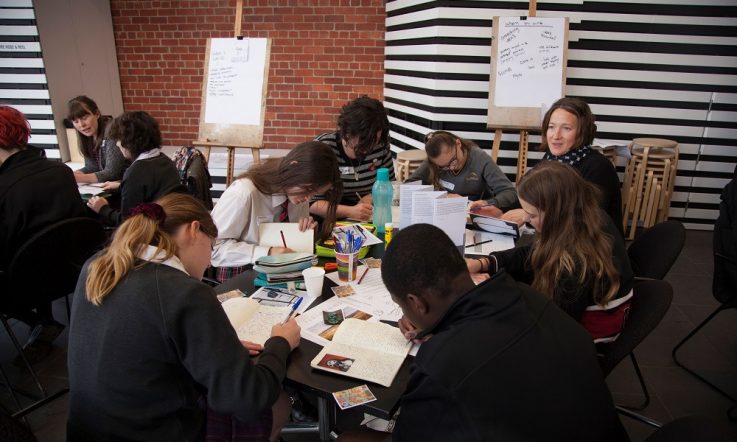Schools and teachers have faced significant challenges in quickly adapting to the new context of delivering learning from home during COVID-19 – including digitising lessons and learning how to use new digital technologies.
So, how have these changes affected pre-service teachers and have they been able to complete their professional placements while students are learning from home?
Associate Professor Miriam Tanti, Acting Head of the School of Education at Australian Catholic University (ACU) and Campus Dean, says pre-service teachers and their lecturers have transitioned quite successfully to online teaching and learning.
‘We have witnessed some very creative and very effective teaching from home,' she tells Teacher. ‘The greatest challenge that pre-service teachers have faced during the pandemic is no doubt their ability to undertake the professional experience. But ACU has worked with state government and key educational stakeholders on a solution to ensure that students are able to complete their school placement.'
Tanti says that the university has had to be aware and sensitive to the challenges schools and teachers are facing, whilst also ensuring that pre-service teachers are engaged in their professional experiences to ensure they continue to meet workforce demands. This meant that, in general, most final year pre-service teachers were able to continue on with their professional experience placements as planned.
‘As with any placement, it is context dependent – so if school is face-to-face, then pre-service teachers have engaged in this way. If schools are engaging in learning online then our pre-service teachers have engaged in this way. Pre-service teachers are guided by their teacher/mentors,' Tanti says.
Engaging in professional learning
In response to COVID-19, academic staff at ACU engaged pre-service teachers in professional learning to help them to prepare for remote and flexible learning. It covered inquiry-based learning, the utilisation of a range of digital technologies, as well as relevant ethics and safety considerations.
‘Prior to the professional experience we mapped the Australian Professional Standards for Teachers to the remote and flexible placement. We identified the types of activities that students could undertake remotely that would meet the Standards,' Tanti says.
ACU academic staff developed the table below to show students how the Australian Professional Standards for Teachers could be met in a remote or flexible environment.

Australian Catholic University, 2020.
Observations and mentoring
For pre-service teachers undertaking professional placements, the opportunity to observe other teachers in practice and network with their colleagues, both formally and informally, is important. But in an online environment, is this still possible?
‘One of the realisations to come out of COVID-19 is the reliability and effectiveness of Zoom and Teams meetings,' Tanti says. ‘Where we once thought that productive meetings needed to be face-to-face, now having utilised Zoom and Teams we can see how it can be utilised as an effective meeting tool.'
Tanti says she's heard anecdotes of pre-service teachers meeting with their mentors remotely and regularly. ‘They have used the technology to share their screens, share, edit and co-construct documents – just as they would normally have,' she adds.
Tanti shares the story of a Master of Teaching (Secondary) PDHPE student who was asked by his mentor teacher to take quite a traditional unit of work on Nutrition and transform it into a Project-Based Learning (PBL) unit of work.
‘He has been able to work with his mentor teacher to gain a better understanding of the inquiry-based pedagogy of PBL. In many ways, the pre-service teacher led the development of this unit – he brainstormed project ideas and scaffolded a diverse series of teaching activities to enable students to self-facilitate their own learning – he utilised asynchronous and synchronous activities utilising a range of technologies,' she says. ‘What an incredible opportunity and such a meaningful learning experience!'
Tanti says that, in many ways, pre-service teachers have been dealt a unique opportunity to develop a different set of skills, knowledge and understanding so early in their careers.
‘Being able to think critically about digital and contemporary pedagogies, engaging remotely with students, observing experienced teachers engage in asynchronous and synchronous teaching and learning – these are unique experiences that these pre-service teachers will be the better for,' she says.
‘Remember, this is one of four school professional experiences that these students have, so, if viewed as a continuum, this one will definitely provide pre-service teachers with a rich experience and the ability for them to hone and develop a different set of knowledge, skills and understanding.'
As a pre-service teacher, how have you managed your professional placements during this period of remote and flexible learning? What were some of the key things you learned from this experience?
Pre-service teachers have relied on their teacher mentors to assist them during this time. As a teacher mentor, what were some of the challenges you needed to overcome to best support your pre-service teacher? Was there anything you found particularly difficult? What were some of the positive outcomes?



